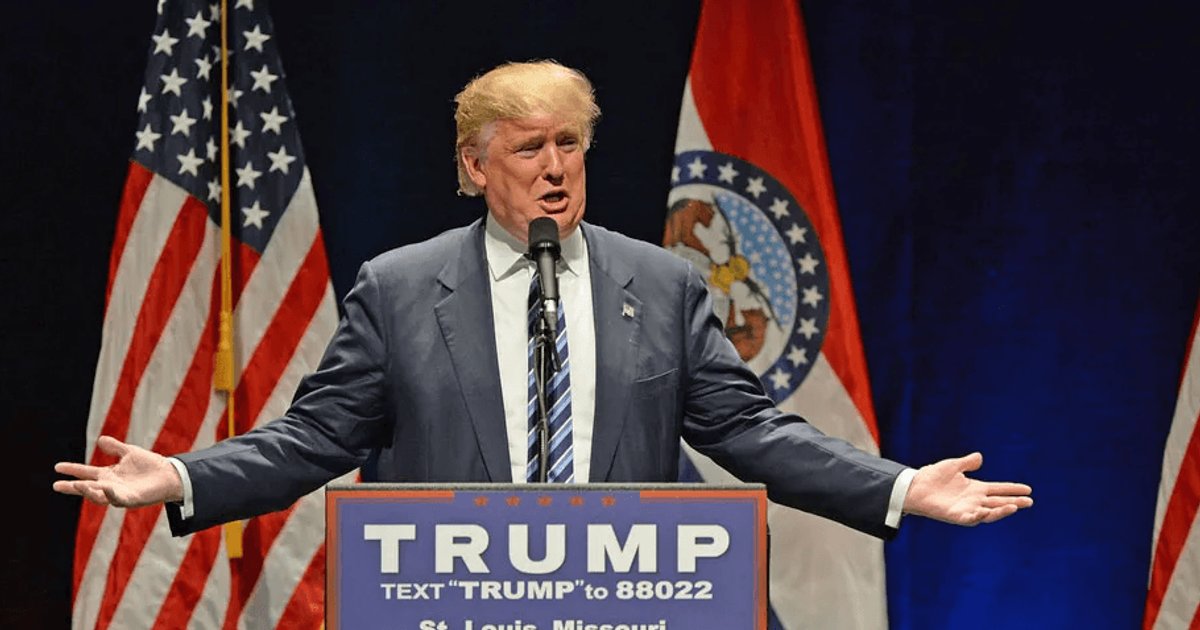Steel and Sovereignty: How Metal Tariffs Are Reshaping American Industry

Global Manufacturing on Edge: The Looming Impact of US Steel and Aluminum Tariffs
As the March deadline approaches, manufacturers worldwide are bracing themselves for potentially significant disruptions in the global trade landscape. The United States' uncompromising stance on steel and aluminum tariffs threatens to send shockwaves through international supply chains and industrial sectors.
Without any exemptions in sight, countries and manufacturers are scrambling to understand and mitigate the potential economic consequences. These tariffs could dramatically reshape international trade dynamics, forcing businesses to recalibrate their production strategies, sourcing methods, and pricing models.
From automotive manufacturers to construction companies, industries that rely heavily on steel and aluminum are particularly vulnerable. The tariffs could lead to increased production costs, reduced competitiveness, and potential retaliatory measures from affected countries.
As the global manufacturing community watches and waits, one thing becomes clear: the ripple effects of these tariffs could extend far beyond simple trade regulations, potentially transforming the intricate web of international industrial relationships.

